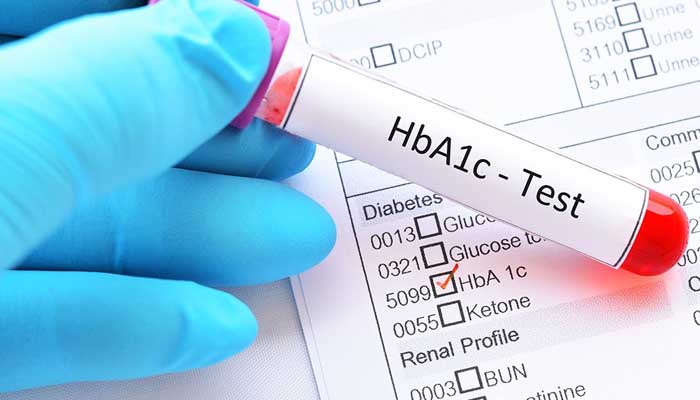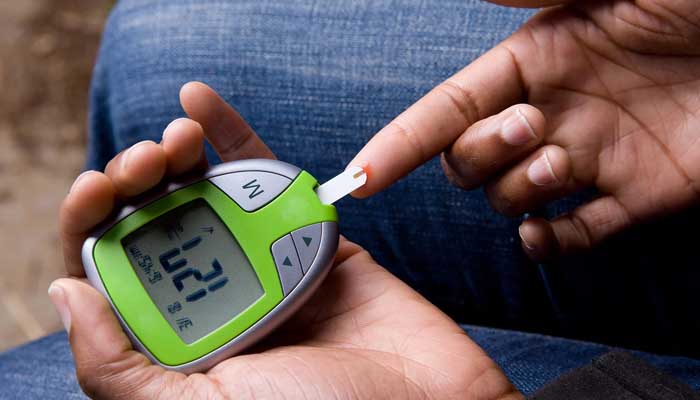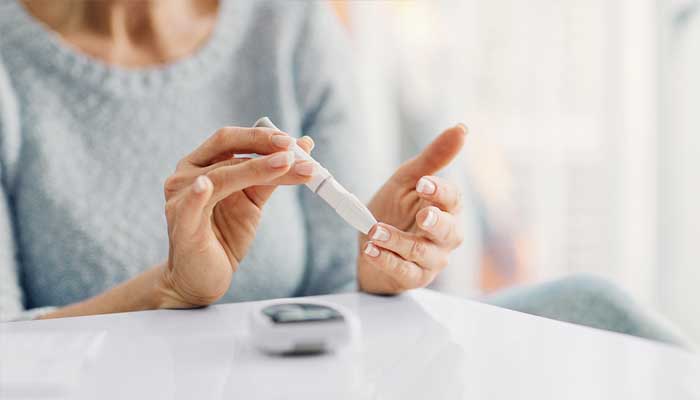I don’t understand what my blood sugar target range means!
If you have type 1 or type 2 diabetes, you’re likely familiar with the need to frequently check your blood sugar levels. But what do those numbers mean, and how should you interpret them? Understanding your blood sugar targets can make managing your diabetes much easier.

What is the Normal Range of Blood Glucose Target Values?
Your doctor will provide personalized blood sugar goals based on your unique needs. These goals may differ from standard target ranges due to factors like age, overall health, the duration of diabetes, or pregnancy.
Here are the typical target ranges:
- Fasting or Pre-Meal Blood Sugar: This is your blood sugar level before eating. The target range is generally between 4.0 and 7.0 mmol/L. This value often represents your lowest blood sugar level of the day.
- Post-Meal Blood Glucose: This measures your blood sugar level two hours after eating. The target range is usually between 5.0 and 10.0 mmol/L. This value tends to be higher after meals.
It’s important to remember that hitting these targets consistently is challenging. If your blood sugar level is too high, it’s known as hyperglycemia, and if it’s too low, it’s called hypoglycemia. Inform your doctor if you experience either of these conditions to receive guidance and support.

What Does A1c Level Mean?
Another important measure is your A1c (or HbA1c) level. This number represents the average percentage of sugar in your blood over the past two to three months. Ideally, the goal is to keep this level at 7% or lower. Your doctor may adjust this target based on your specific situation. A higher A1c level indicates that you may need to adjust your diabetes management plan to prevent long-term complications.

When Should You Check Your Blood Sugar?
The frequency of blood sugar checks depends on your individual situation:
- Without Insulin: Check your blood sugar upon waking, before each meal, and two hours after each meal.
- With Insulin: Check your blood sugar upon waking, before each meal, before each insulin injection, and before going to sleep.
If you’re feeling unwell or stressed, it may be helpful to check your blood sugar more often.

How to Keep Your Blood Sugar Values Handy?
Tracking your blood sugar readings is crucial for effective diabetes management. Consider using the mySugr app or maintaining a log. Most blood glucose meters can store your readings, and recording your meals, snacks, and exercise can help you understand how various factors affect your blood sugar levels.

Why Should I Care About My Blood Sugar?
Your health and happiness are important. Living with diabetes is challenging in itself, but knowing how your body and blood sugar levels change throughout the day and what your blood sugar goals are can help you avoid highs and lows. Your doctor can give you advice on what to do during these difficult times. The idea is to know yourself better so that you can live a healthier, happier life.
